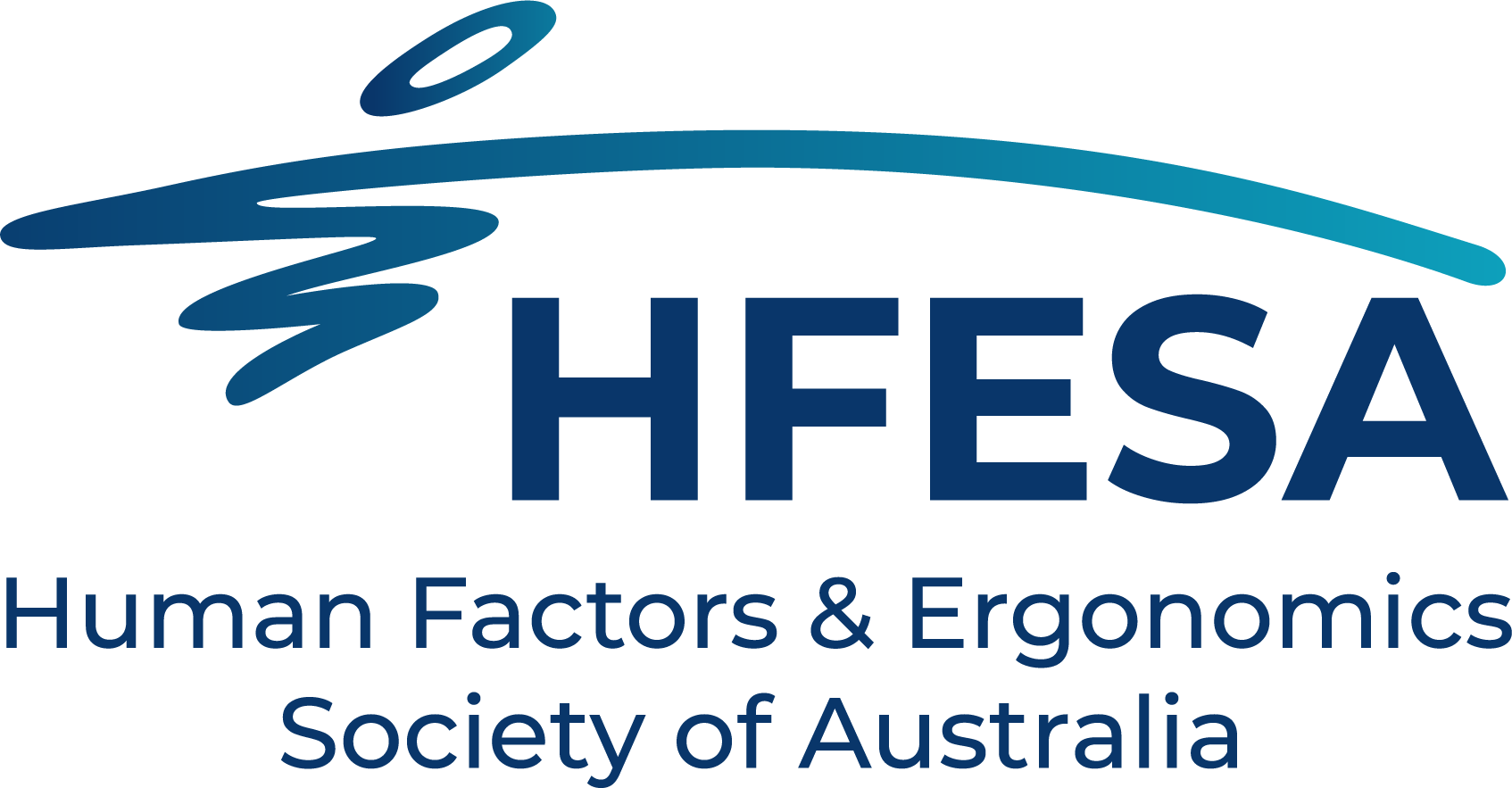
NSW PD: Translating Evidence into Practice – Human Factors Challenges and Design of Work
This interactive event will present the work of three PhD candidates whose research has been motivated by their professional practice and interest in translating evidence into practice.
Each presenter will provide an overview of their research prior to inviting discussion and participation from those attending the workshop.
Ross Girdler – Truck drivers in transition: Return to work challenges

The focus of this research is the potential impact of a persistent ‘occupational identity’ on return-to-work outcomes for an injured worker.
While the relationship between occupational identity, injury and career redirection has been investigated, it has not included an exploration of the role a persistent occupational identity might play in a successful post-injury transition to a new occupation. Informed by professional practice as a Rehabilitation Counsellor, Ross identified the need to investigate the impact of persistent occupational identity with a specific occupational group: Truck Drivers, who had experienced career disruption due to injury. These clients commonly identified so strongly with their occupation that they could not contemplate work in any other.
Ross will present a summary of the results of this investigation into the experiences of Truck Drivers attempting to make a post-injury transition to a new career This will include findings from the analysis of extensive interviews with truck drivers using an Interpretative Phenomenological Analysis method. Themes relevant to career redirection indicating that a persistent occupational identity presents a substantial barrier.
Ross is a Rehabilitation Counsellor who works as a Consultant Forensic Vocational Assessor. He is in the final stages of his PhD with the University of Wollongong. He lives with his family in the Shoalhaven area of NSW and plays bad golf.
Eugene Laloo – The Impact of Leadership on the Psychosocial Safety Climate of Australian Workplaces

In Australia, psychological injuries are predicted to be one of the major safety trends in the foreseeable future. Australian workplaces are registering increasing levels of psychological injuries and authors have warned that workplace safety regulators should consider how this trend can be curtailed. While many jurisdictions now address physical and psychological safety in the workplace, the evidence suggests that safety authorities are yet to have the same success with psychological injuries as they have had with physical injuries. Addressing psychological safety at the organisational level [Psychosocial Safety Climate (PSC)] has proven to be more effective than addressing this issue at the individual level. Leadership is an important element of climate constructs (like PSC), but the nexus between the different contemporary leadership styles and PSC have not been studied fully. Enter Eugene’s research, under the supervision of Dr. Robyn Coman, Dr. Natalia Hanley and Dr. Shahnaz Bakand, School of Health and Society, University of Wollongong.
This presentation will:
- Give an explanation of PSC and why this construct is more helpful to the management of psychological safety in workplaces
- A summary of some of the study’s preliminary findings
- Sharing the contribution this research will make to the field
Eugene holds undergraduate qualifications in Environmental Health and Industrial Psychology. As an occupational health and safety professional, Eugene has always had a keen interest in the impact of leadership on occupational health and safety outcomes and is currently studying the nexus between leadership and the psychosocial safety climate in Australian workplaces.
Read about Eugene’s research interests at: https://www.researchgate.net/profile/Eugene-Laloo
Alice Cheng – Health and safety in future and emerging ways of work

The landscape of work is consistently evolving due to factors such as changes relating to the global trade markets, increased economic competition and new technologies. These factors can alter the standard employment relationships and the organisation of work, impacting on workers’ day-to-day experience including workplace safety. Despite the rapid changes that are impacting risk exposure, workplaces continue to manage risks using traditional occupational health and safety (OHS) processes. OHS risks in future and emerging ways of work (FEWW) can be managed in a number of ways including systems-based approaches that are informed by a human factors and ergonomics (HFE) perspective.
This presentation will:
- discuss the purpose of this research study in relation to workplace safety
- provide an overview of the research studies
- introduce the conceptual model of FEWW.
Alice Cheng is a PhD candidate at the University of New South Wales, School of Aviation. Her research interest is in workplace safety in relation to future and emerging ways of work (FEWW). Alice currently works full-time as a State Inspector of Ergonomics at SafeWork NSW and is also a Certified Professional Ergonomist.
When: Thursday 11 August 2022 at 6:00pm – 7:30pm AEST
This PD event will be delivered via Zoom. Registration is required.
To register please complete details below (members please log in first). Details of how to attend the event will be sent to you once you have registered.
Cost: Free for HFESA members, $30 for non HFESA members
PD event hosted by NSW Branch.
This PD event can be counted towards continuing professional development points.
Bookings
Bookings are closed for this event.
